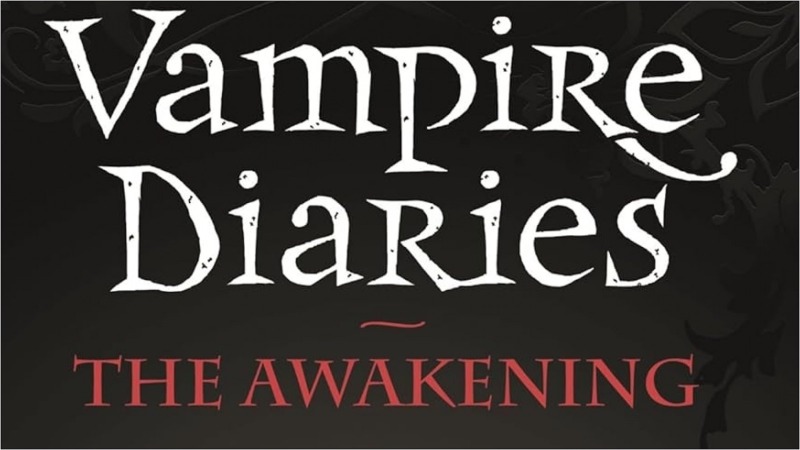How Prolific Author L.J. Smith Changed Vampire Fiction Forever

The passing of L.J. Smith, the author of The Vampire Diaries, last month at the age of 66, came as a shock to many readers. For a certain generation, it was she who introduced them to vampire romance, a genre that became wildly popular over 15 years later with the advent of Twilight and the ensuing paranormal YA boom. For others, the long-running CW show and its spinoffs were favorites that brought to life the juicy soapiness of Smith’s vision. As young adult fiction and romance publishing is experiencing the rush of a new trend, romantasy, it’s hard to overlook the immense contribution made to both by Smith, a hired-hand who transcended the limitations put upon her and fought back when her bosses tried to stop her from telling the stories she wanted to tell.
Lisa Jane Smith started her career as an elementary school teacher before quitting in 1989 to pursue her lifelong dream of becoming a writer. Her first book, The Night of the Solstice, was published in 1987 but sold poorly. Her work as an author took off in earnest in 1990 when she received a commission from the book packaging company Alloy Entertainment. In the ‘80s and ‘90s, children’s literature was dominated by very long series by ghostwriters hired to complete a concept created by a company. Consider Nancy Drew, the Hardy Boys, or Sweet Valley High; seemingly never-ending sagas with multiple releases a year that tricked kids into believing their favorite authors were just incredibly prolific. Alloy, who would later be responsible for Gossip Girl and The Sisterhood of the Traveling Pants, wanted a vampire series. Smith accepted the job and, inspired by her earlier books and her family’s upbringing in Virginia, created The Vampire Diaries. She wrote the first trilogy in nine months.
The first book, The Vampire Diaries: The Awakening, published in 1991, sets it all up. Elena is a human, the popular girl at school, who captures the attention of two brothers. Stefan is gorgeous and brooding, and so is Damon, but they hate one another and are desperate to both claim Elena as their own. It’s a classic high school romantic soap opera, but with fangs. It’s not hard to imagine this world sharing space with something like Sweet Valley High, where all the emotions are heated and the stakes are high in that way that only adolescence can create, but here, the situation is literally life or death. And readers loved it. Teenagers, especially the girls, latched onto this tale. The timing was ideal, as paranormal fiction and vampires were experiencing a cultural resurgence thanks to films like Bram Stoker’s Dracula and Interview with the Vampire.
Smith’s writing expanded well beyond that of vampires, even as The Vampire Diaries expanded into a veritable saga. Night World added werewolves and shapeshifters to her roster with stories of a hidden realm of magic and soulmates where humans and creatures are forbidden to fall in love. The Secret Circle was about a coven of teenage witches, while Dark Visions featured a school for psychics. Smith dabbled in fantasy, sci-fi, romance, and even horror. For any kid of this time, Smith’s books—with those painted covers jam-packed with action and smouldering faces—were a staple of high school reading.
-

-

-

-

-

-

-

-

-

-

-

-

-

-

-

-

-

-

-

-

-

-

-

-

-

-

-

-

-

-

-

-

-

-

-

-

-

-

-

-








































